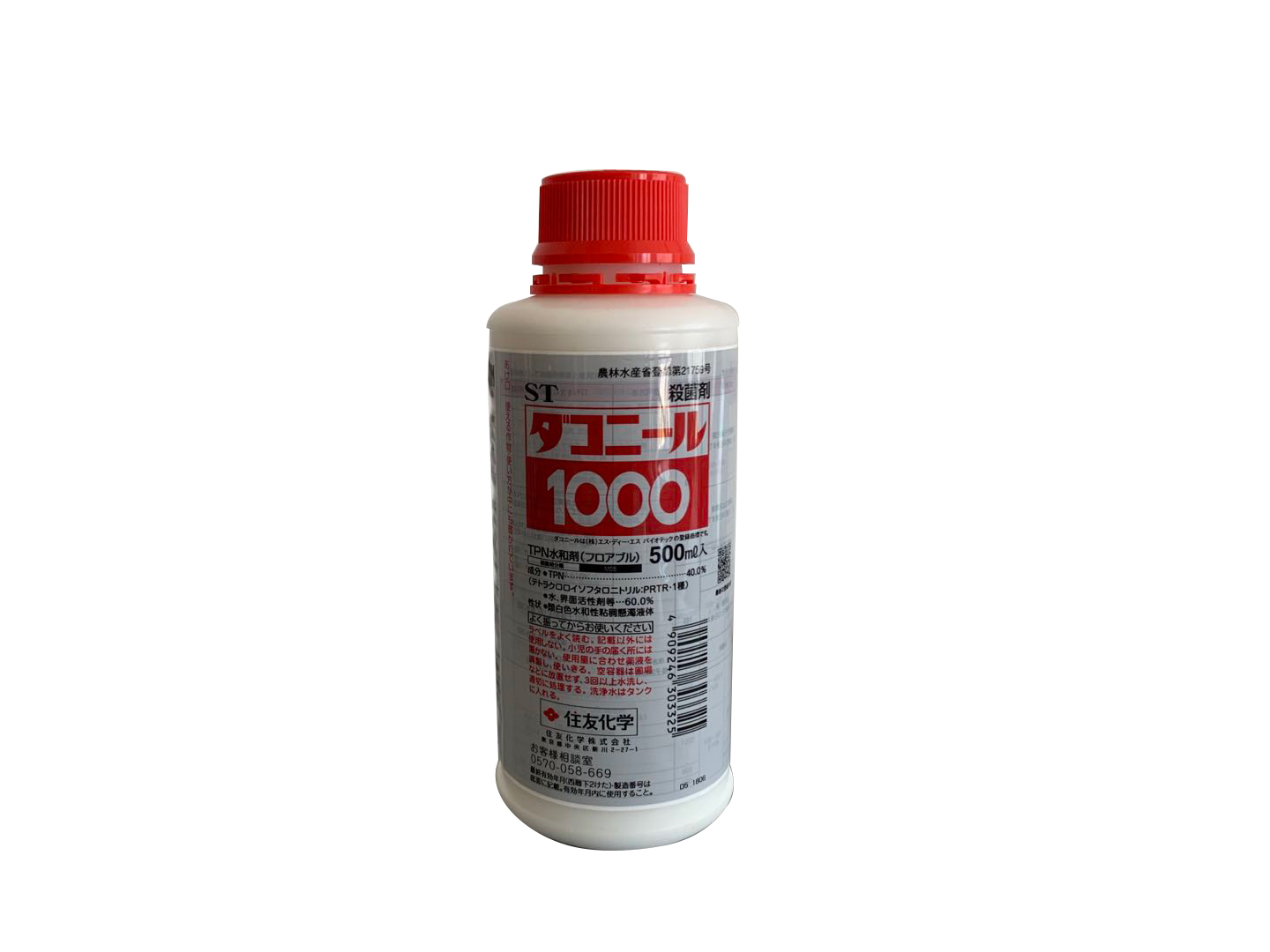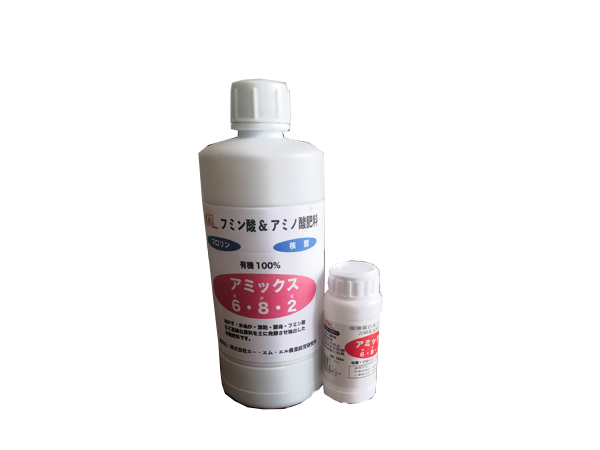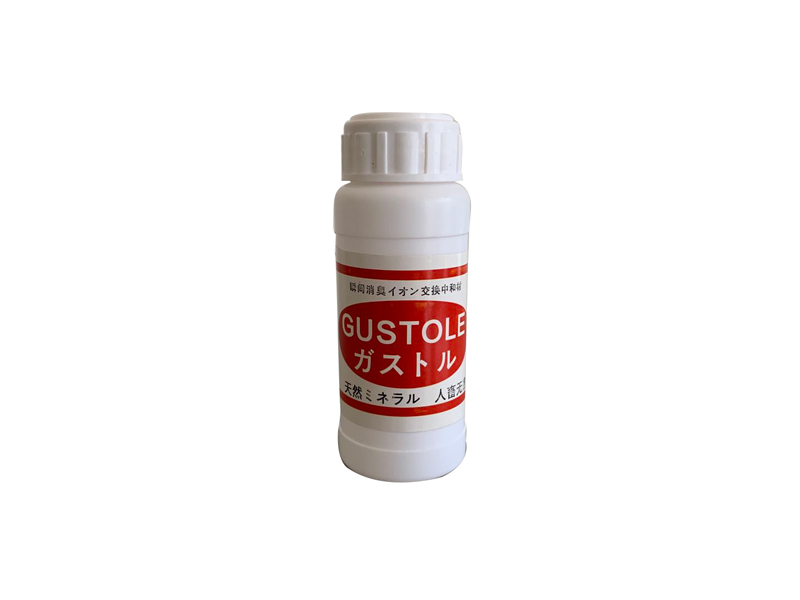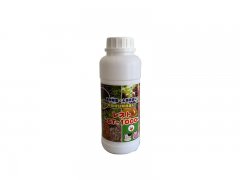How to apply organic fertilizer correctly? Fertilization met
Organic fertilizer can provide a variety of nutrients for crops, soil microbial reproduction, improve soil structure, enhance soil fertilizer and buffer energy, and play an important role in increasing crop yield. How to apply organic fertilizer correctly? Next, let's introduce the fertilization method of organic fertilizer.
How to apply organic fertilizer correctly
The composition of organic fertilizer is complex, so it is very important to apply it reasonably. Improper application will cause nutrient loss, even crop root water absorption difficulties, root burning, stiff seedlings and other phenomena.
The organic fertilizer should be applied after fully decomposed. If some animal manure such as pig manure, cattle manure and human manure are directly applied to the soil without fermentation, these organic manure will be decomposed and fermented by microorganisms in the soil, and the ammonia produced will easily cause crop root burning and poisoning, and some will breed weeds and spread diseases and pests. Therefore, it should be recommended to apply it after full fermentation. The compost can be fermented in a manure tank built at the edge of the field, or the compost can be piled up and moistened with water and sealed with mud to make the temperature reach 35-40 ℃, and the fermentation can be completed after 25-30 days. The manure can be fully fermented at 60 ℃, which can kill the eggs and weed seeds, and is more effective in use.
It should not be too concentrated or applied too much. When applying organic fertilizer to dry land crops, if organic fertilizer is applied directly between rows or near the roots of crops, due to the small water holding capacity of dry soil, the concentration around the roots is too high for a moment, and the roots will contact the fertilizer pile, which will cause the physiological water loss of crops and form the phenomenon of reverse osmosis. The crops can not absorb nutrients, but will make the water and nutrients in the roots extravasate, resulting in poor growth or wilting of crops Water seedlings, resulting in soil nutrient imbalance. Therefore, organic fertilizer should be used as base fertilizer, mixed in soil evenly, so as to integrate with soil. When organic fertilizer is applied in growing period, it should be applied in furrow, strip or hole. After application, it should be covered with soil and must not be spread on the ground. It is not suitable to use high concentration liquid organic fertilizer as foliar fertilizer for foliar vegetables.
Fertilization methods of organic fertilizer
The loss of fertilizer efficiency in sun drying was great. In some places, organic fertilizers, such as pig manure and cattle manure, are used to dry in the sun or apply them to the surface soil of dry soil crops. As a result, the manure will be exposed to the sun and rain for a long time. Nitrogen has been volatilized and most of phosphorus and potassium will be lost, and the environment will be polluted. In some places, when straw is returned to the field as organic fertilizer source, due to insufficient fermentation and decay, and too concentrated application between rice plants and rows, a large amount of hydrogen sulfide is produced in the decay, and more bubbles emerge, which makes the rice roots black and the seedlings late. If not remedied in time, the whole field will appear stiff seedlings, resulting in yield reduction. In this case, it is necessary to drain the field immediately. After spraying the growth regulator of root growth such as sodium nitrophenolate and so on, and adding 1 potassium dihydrogen phosphate and 1 urea mixed spray, it can restore normal growth.
Reasonable use. Straw, pig manure, green manure and other organic fertilizer, its element (i.e. carbon) content is more, nitrogen content is less, if the amount of this fertilizer is too large, it is easy to cause the lack of nitrogen and stiff seedlings in the early stage of crops, this is the reason of rice straw returning with ammonium bicarbonate to supplement nitrogen. Therefore, the more organic fertilizer is applied to crops, the better. Generally, 1000-1500 kg of fence fertilizer or 1000-1500 kg of green fertilizer are applied per mu, and an appropriate amount of ammonium bicarbonate or urea is added to adjust the carbon nitrogen ratio, meet the needs of microorganisms, and prevent the phenomenon of nitrogen competition between microorganisms and crops. Sheep manure in organic fertilizer has high nutrient content, fast decomposition speed and strong fertilizer effect. Appropriate amount of pig manure or cow manure should be added to achieve the purpose of stable fertilizer effect. The combination of organic fertilizer and biological fertilizer is also beneficial to fertilizer efficiency.








